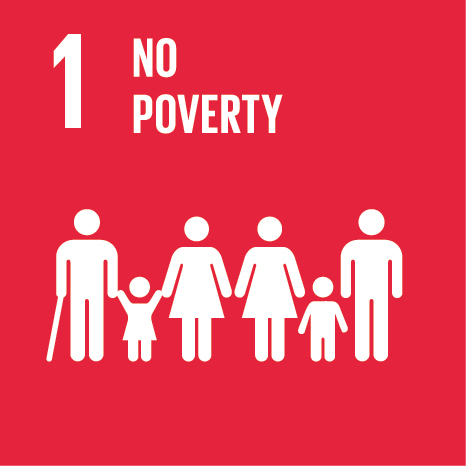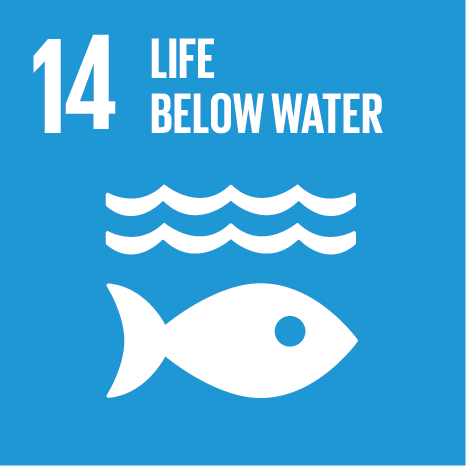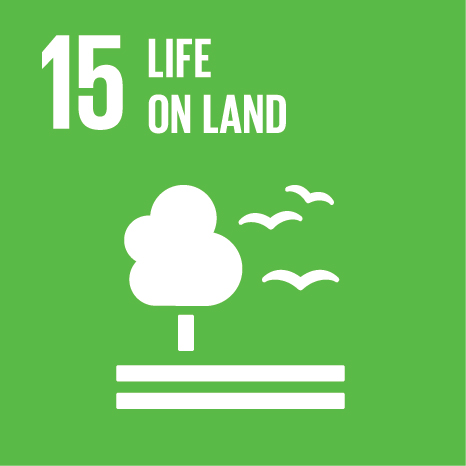Ciência_Iscte
Publications
Publication Detailed Description
DEGRADAÇÃO AMBIENTAL NA ÁFRICA SUBSAHARIANA Modelos explicativos para os principais problemas (Environmental Degradation in Subsaharan Africa - Models for the most relevant problems)
Web of Science®
This publication is not indexed in Web of Science®
Scopus
This publication is not indexed in Scopus
Google Scholar
This publication is not indexed in Overton
Abstract
The under-developed areas of the world, of which Subsaharan Africa stands out for its particularly extreme levels of poverty, have historically felt the biggest effects of the wealth and development experienced in the so-called First World, that has often sustained itself with Third World resources, who have proven pivotal for the changes from Agrarian to Industrial Societies.
The environmental degradation experienced in this Region has the specificity of being very near to the populations, which usually make their living in natural means, and it thus affects them in a rather crude way, whether we are talking about the common man in Africa or in any other under-developed regions. Environmental issues are therefore an even more pressing problem for the under-developed world than for the rest of the world, which seems to crescently adhere to environmental causes, gaining awareness of the importance of these causes as structural for societies in general in a world that appears to stand on the edge of great changes.
The relationship between environmental degradation, poverty and populational growth has been assumed as indisputable in today’s mainstream ideologies, usually dictated by the neoliberal thinking that has substituted the previous colonial line of thought as the western world’s economic voice. As a consequence of the phenomenon of globalization, development solutions based on the sustainable development theory have been imposed on the under-developed regions of the world. This theory promises the continuance of sustained economic growth while taking heed of environmental conditions, guaranteeing that future generations may continue to have access to natural means to fulfill their needs.
The assumptions that have led to these speeches are nonetheless not indisputed: are the poor and poverty the main drivers for environmental degradation in the Subsaharan region, or has the economic model followed contributed decisively for the degradation of natural means, as well as for poverty itself? Other points also arise: the exact notions of sustainable development and sustainable growth may not be so harmoniously associated; the economic valuation of natural resources and the promotion of eco-eficiency as the main capitalist solutions for environmental degradation may not have the desired effects; market failures may not be used to explain all the conflicting orders and signals the global free market sends out, which frequently promote the degradation of the environment worldwide; the effects of poverty on environmental degradation may not be as linear as generally thought.
After a brief analysis of the environmental theme in the under-developed regions of the world, extensive sources have been consulted to determine the most important issues of environmental degradation in Subsaharan Africa – soil degradation, deforestation, biodiversity loss, marine habitat and coastal degradation, urban degradation – as well as the main drivers for these trends.
The answers to some of the questions previously made are searched through the creation and evaluation of statistical models of multiple linear regression for these main dimensions of environmental degradation in the Region.
Acknowledgements
--
Keywords
Subsaharan Africa,Environmental Degradation,Sustainable Development,Economic Model,Poverty,Environmental Economics
Contributions to the Sustainable Development Goals of the United Nations
With the objective to increase the research activity directed towards the achievement of the United Nations 2030 Sustainable Development Goals, the possibility of associating scientific publications with the Sustainable Development Goals is now available in Ciência_Iscte. These are the Sustainable Development Goals identified by the author(s) for this publication. For more detailed information on the Sustainable Development Goals, click here.

 Português
Português




